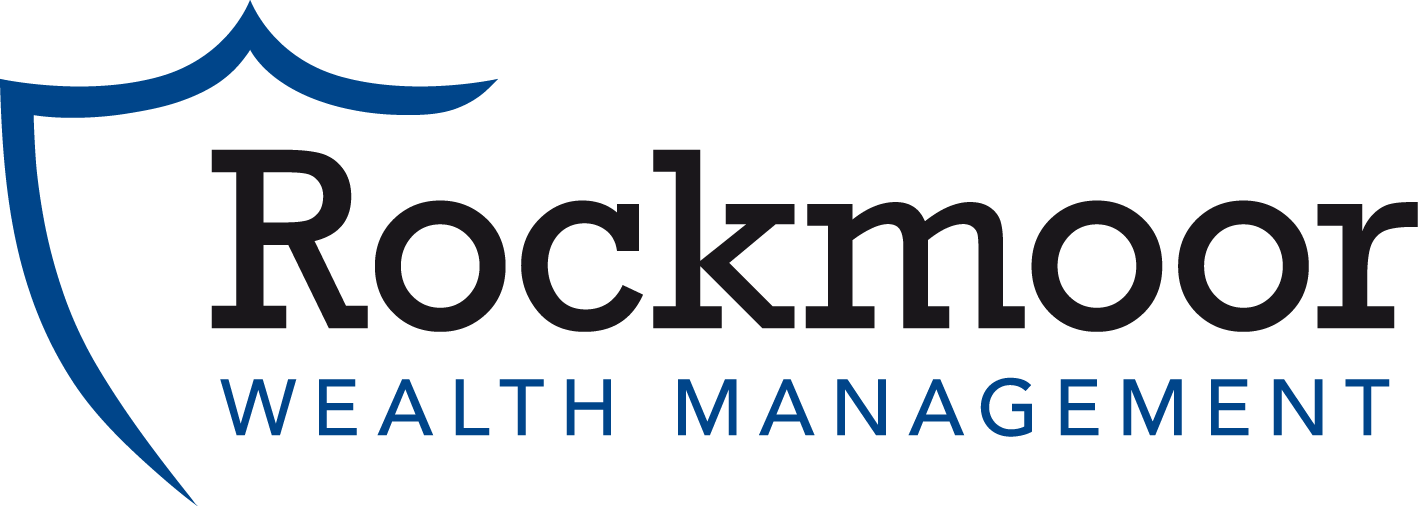You’ve likely heard of online services that offer DIY investing where technology and algorithms make all the decisions. And you may have wondered – is it worth hiring a financial advisor when you can save on fees with a DIY approach?
We’ll explain the primary differences between working with an investor vs DIY investing and explain how an advisor can help make a difference in your net returns!
What does DIY investing offer?
DIY investing strategies tend to focus on index funds that mirror a specific market index. The good news is that this is a safe, uncomplicated strategy. The bad news is that this will be reflected in your returns. If you’re investing in a market index, for example, you’ll never be able to beat that market.
DIY investing only provides a blanket strategy and not much in the way of options for personalization. DIY investing also doesn’t offer adjustments to your investment strategy as life changes come your way unless you actively change your investment selections. DIY also won’t protect you from making emotional decisions if the market takes a sudden downturn.
What does a financial advisor offer?
Working with a financial advisor offers you numerous benefits:
- Proper financial planning can increase your lifelong standard of living. Working with a financial planner helps ensure that you put a sound financial plan into action.
- Knowledge and expertise. Financial advisors study the markets daily and know which factors can positively or negatively influence the economy, which can significantly impact your net returns in the long run.
- A personalized investment strategy. An advisor looks at your situation and personal circumstances and recommends specific stocks and securities based on the market and company performance indicators. This can be riskier than playing it safe with investments like bonds or market ETFs, but the increased risk generally results in higher returns.
- Adjustments to your strategy as needed. If your circumstances change or the market does, your financial advisor will adjust your financial plan to maximize your returns. If something big happens – like having children or receiving an inheritance – you can discuss this with your financial advisor, and they can advise you on the best possible options to pursue.
- It helps protect you from making an emotional decision. It can be challenging not to want to sell everything if the market is going down, but a financial advisor can help talk you through your concerns and make changes to your investments as necessary. A financial advisor will have your best interests at heart and make sound financial decisions without emotions clouding their judgment.
Financial advisors aren’t only for the wealthy! We do charge for our products and services, but we offer you so much in return. Our expertise can help you make an informed financial decision and put together a comprehensive financial strategy. We can help you make sound investment choices and help increase your chances for a higher net return.
